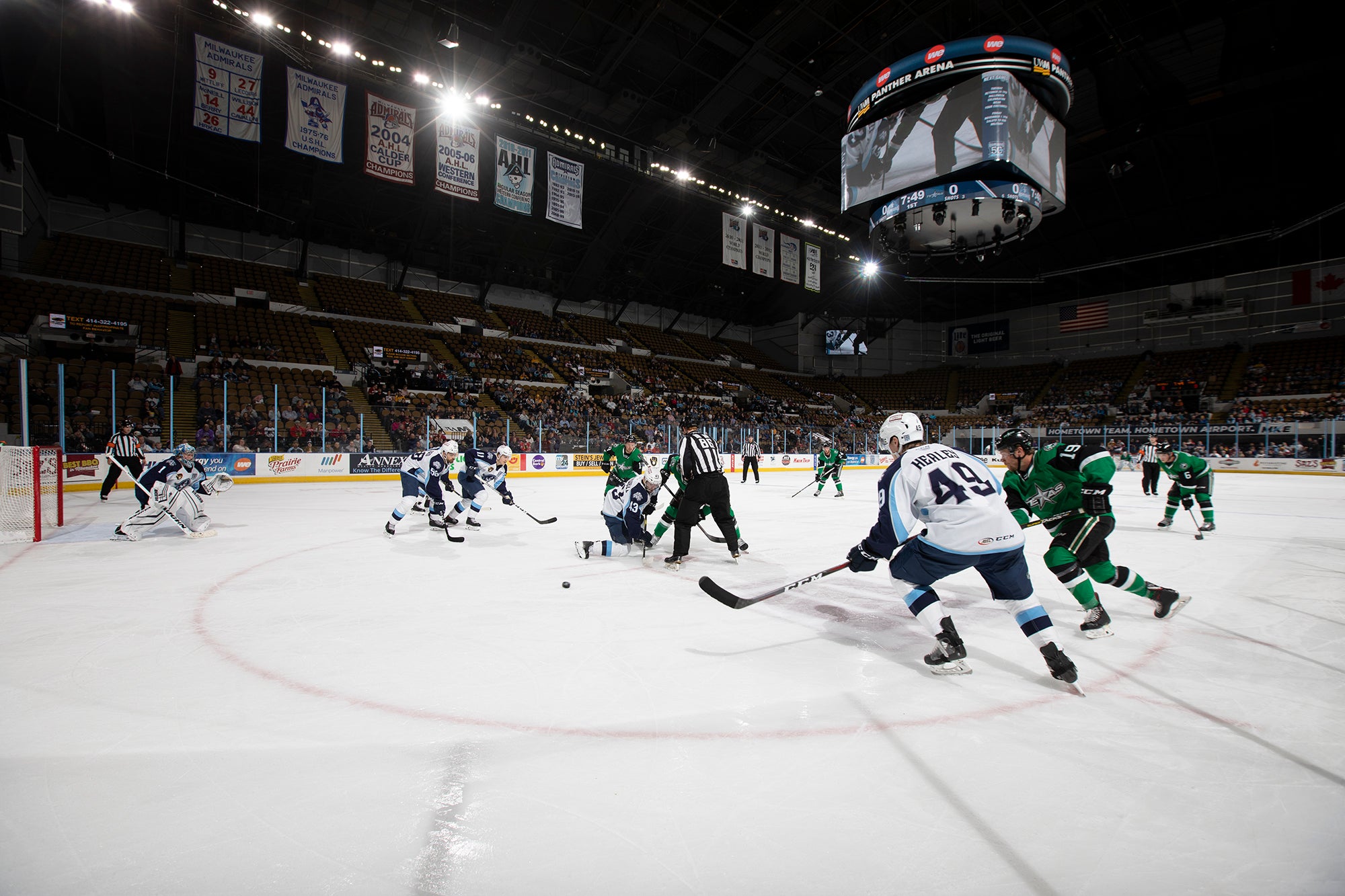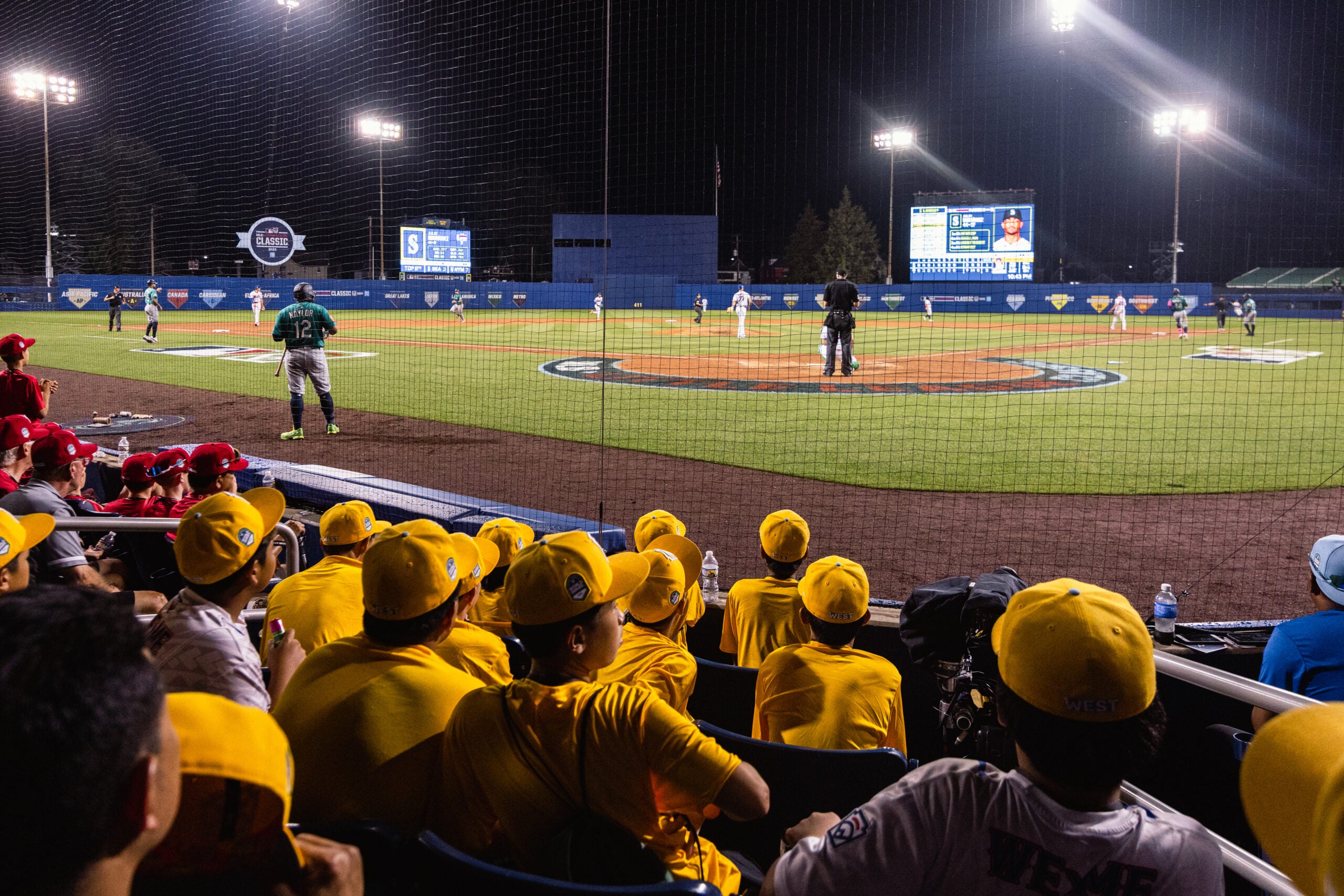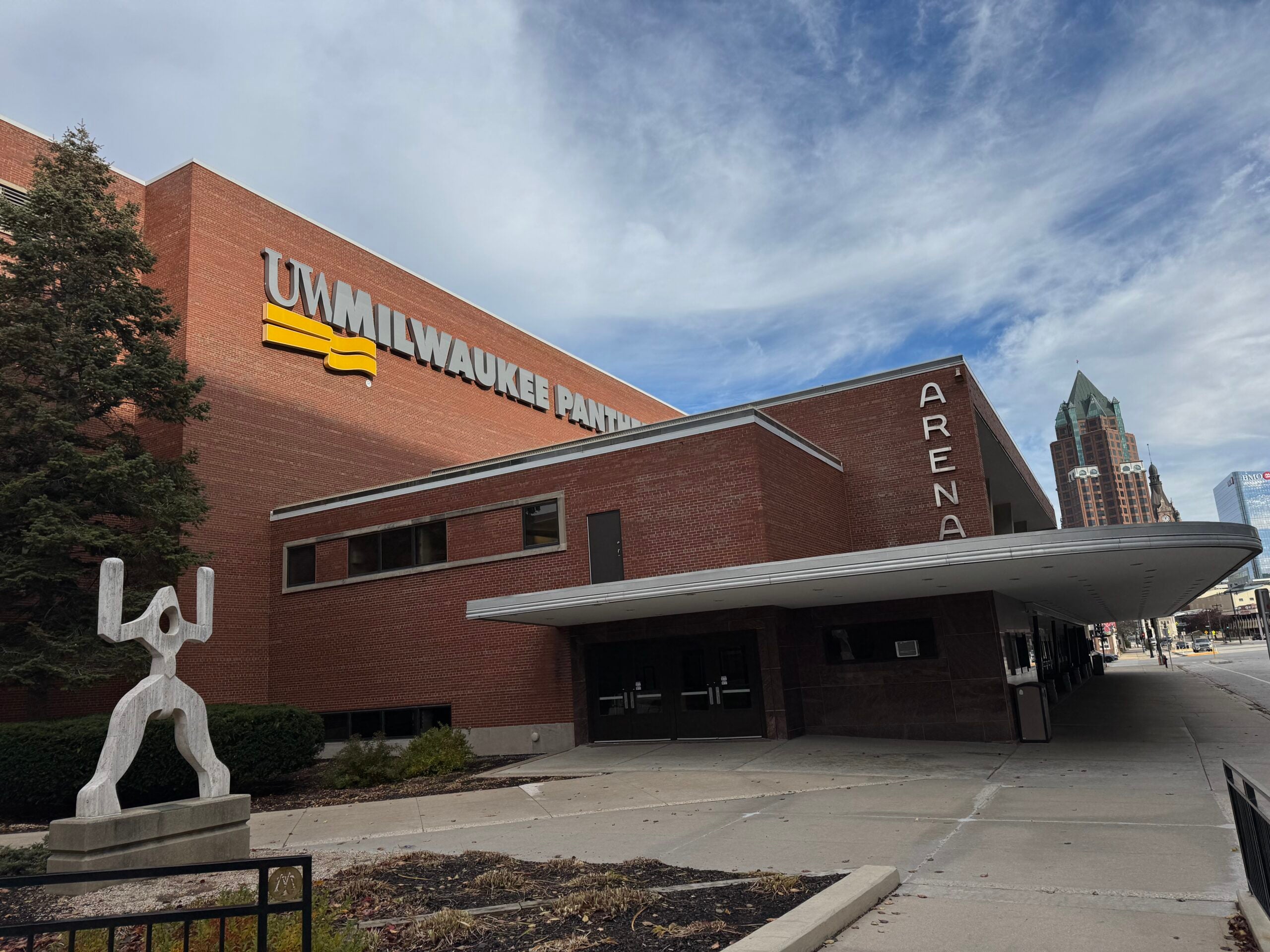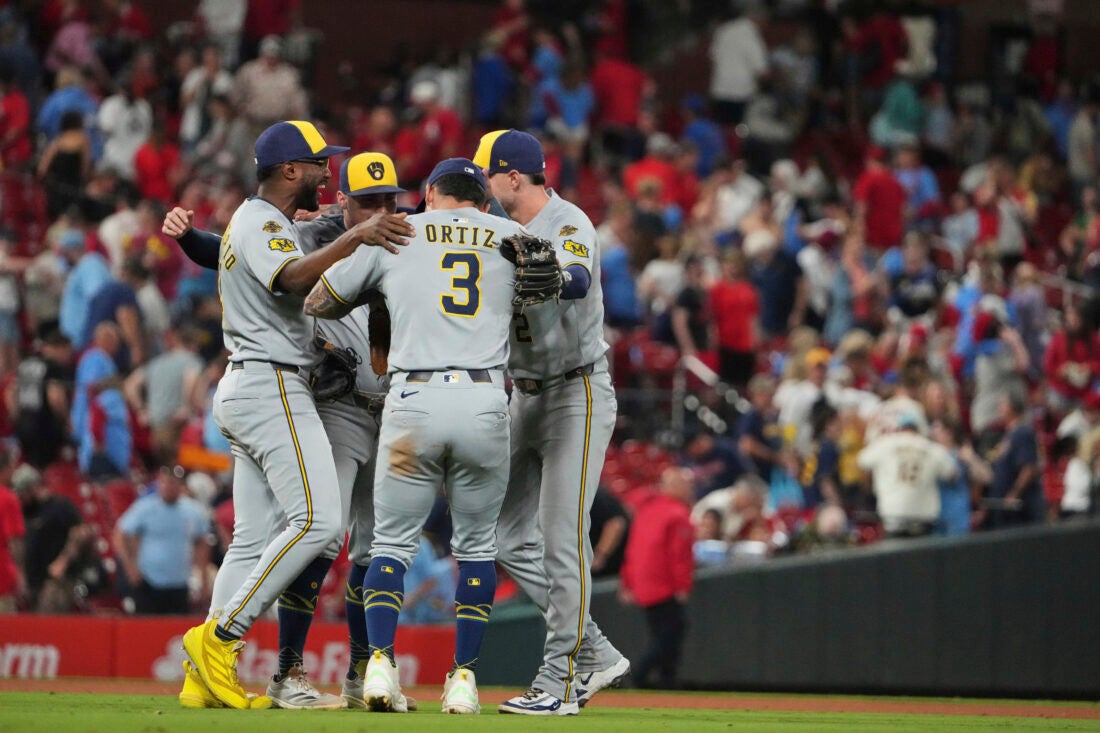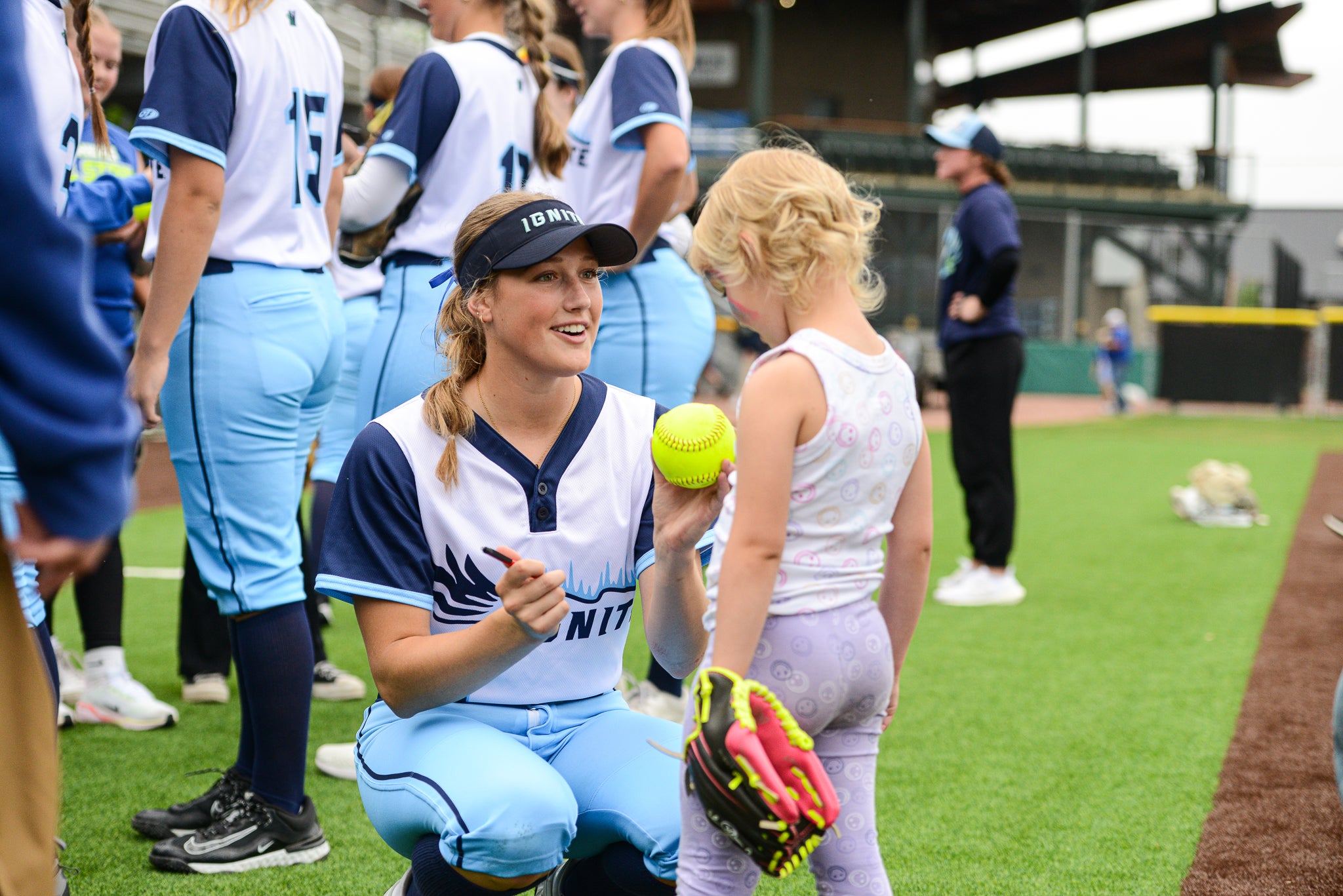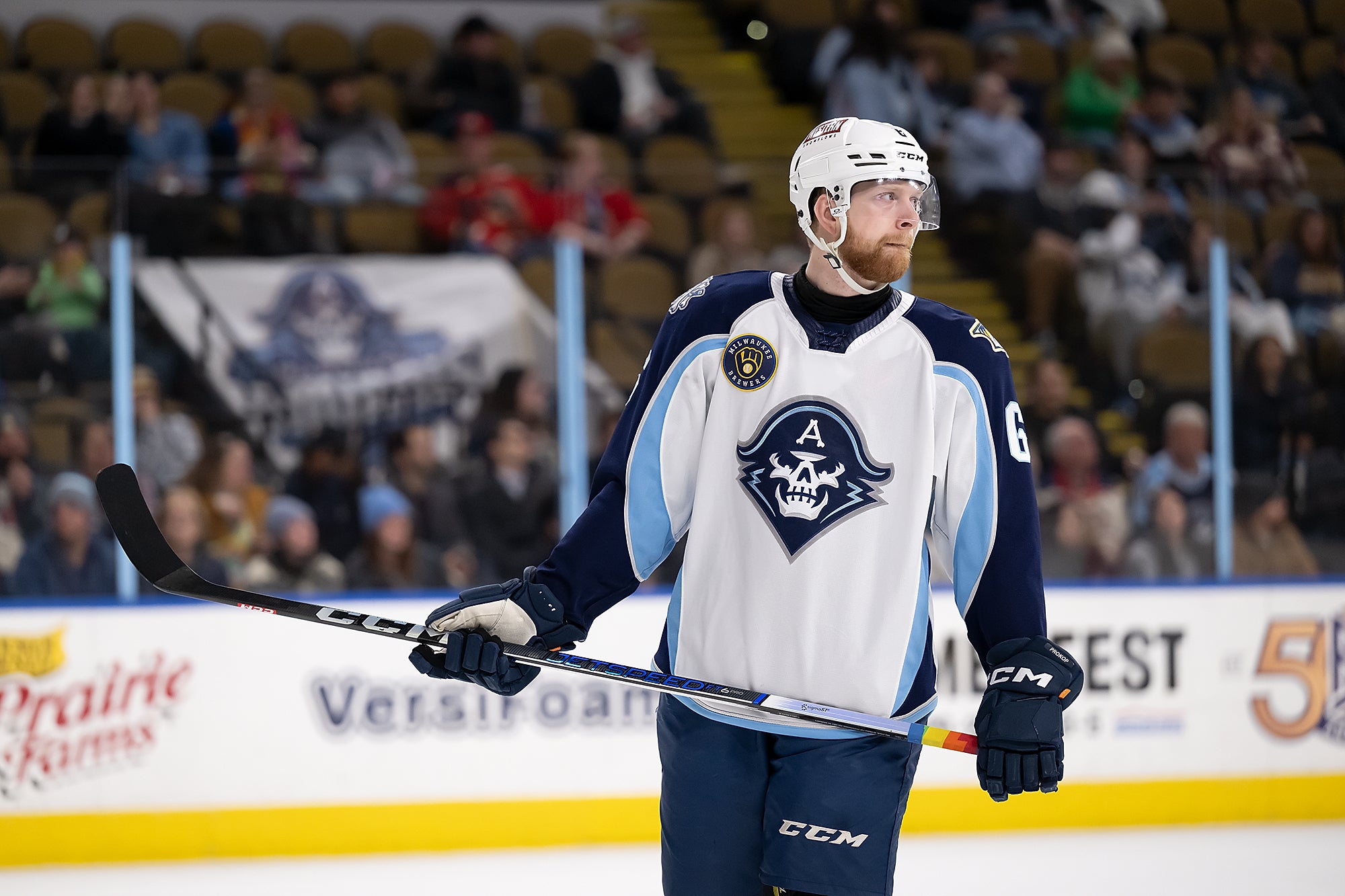The Admirals, an American Hockey League team affiliated with the Nashville Predators, have called Milwaukee home since the 1970s.
Jon Greenburg’s been president of the organization since 2005. He said he can remember a time when the Admirals had four full-time employees. They’ve grown since then — the Admirals now employ 22 people full-time.
Last year, Greenburg said, an average of 6,000 fans attended home games at the University of Wisconsin-Milwaukee Panther Arena.
News with a little more humanity
WPR’s “Wisconsin Today” newsletter keeps you connected to the state you love without feeling overwhelmed. No paywall. No agenda. No corporate filter.
“The team, over the last 21 years, has only missed the playoffs three times,” Greenburg said. “The last two years, we were in the conference finals, so one step away from the championship. So there’s been a tradition of excellence.”
Greenburg joined WPR’s “The Larry Meiller Show” to talk about the Admirals’ recent success and the team’s relationship with Milwaukee.
The following interview has been edited for brevity and clarity.
Larry Meiller: What’s been behind all the success in recent years, in your mind?
Jon Greenburg: I think, from a hockey perspective, it’s frankly our relationship with Nashville and their desire as an organization to have their players win at this level.
There are some teams in our league who just focus on player development. They want to make sure that the guy is practicing a certain way, playing a certain way, but it doesn’t necessarily mean that they’re going to surround those guys with other veteran players who can help them grow and learn how to win.
And in Nashville, it’s about learning how to win. So when a guy gets called up, he understands that this is how we win games. This is how we sacrifice our bodies on penalty kills. This is how we treat our teammates in the room and outside of the room.
I’ve heard some stories of guys that have come to the Admirals from other places. They say they’re so happy to be here because they want to win. They want to learn how to play in that environment and be part of that system of development.
We’re the only affiliate Nashville’s ever had — that’s a little bit abnormal. There are only two other teams in our league who’ve had longer relationships that way. Many teams will shift affiliates. They’re looking for something they think is going to be something better. In our case, we’ve found the best. So we’re lucky to have the relationship that we have.
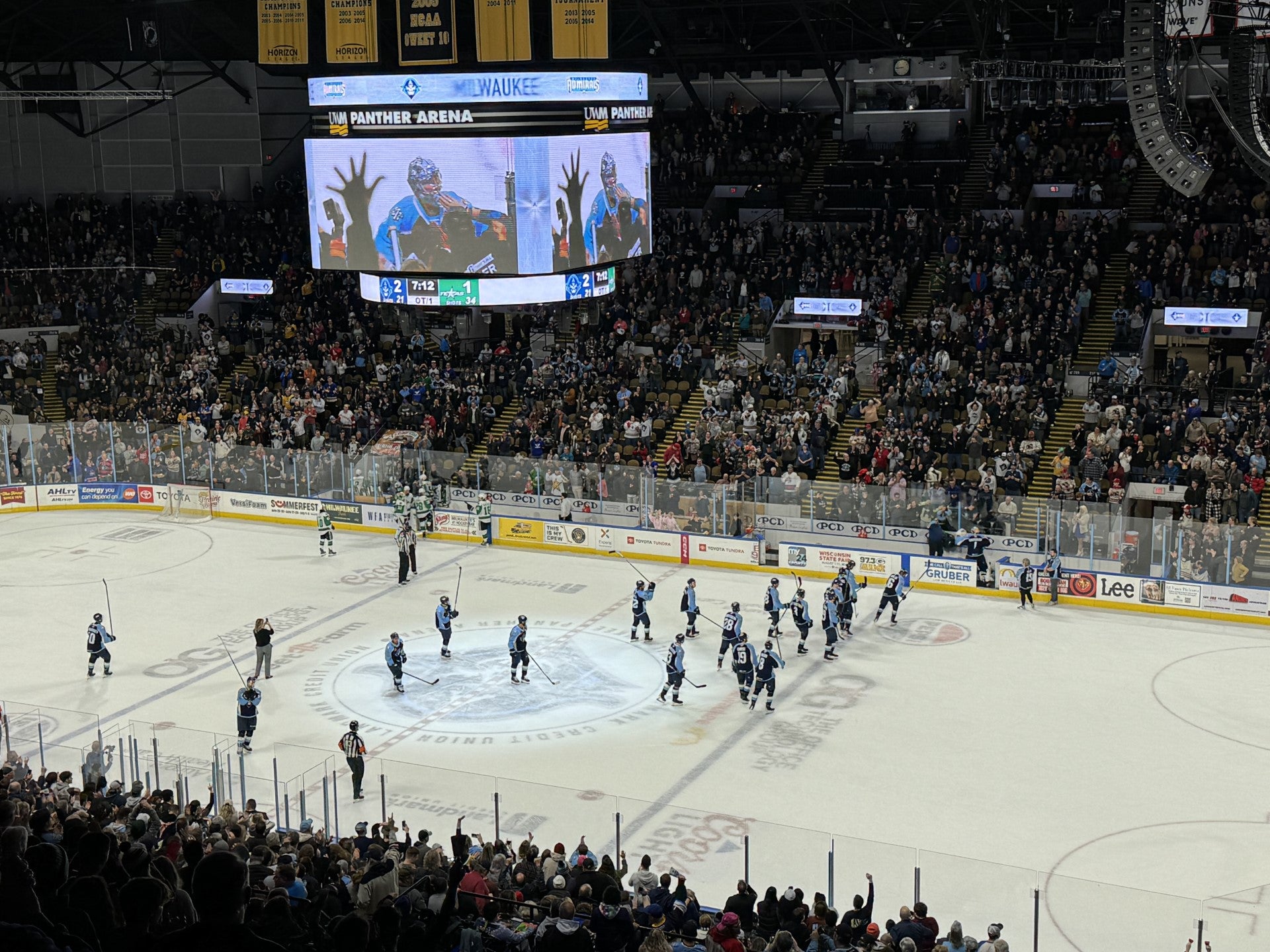
LM: How has the sport of hockey itself changed over the years?
JG: The fighting is certainly less prevalent than it was back in the day. We have a lot of rules in place to try and prevent some of the staged fighting that used to occur. We used to see a face-off, and all of a sudden, 10 guys are out there fighting with each other. That doesn’t exist anymore. If that were to happen now, all 10 of those guys would be thrown out of the game.
Another thing is the speed. The game is much faster than it was. Let’s say you went to a high school game, then you went to watch the Badgers play, then you came to watch the Admirals play and finally you went to watch the Chicago Blackhawks play. The speed is what will differentiate the teams at all those levels. Lots of players have skill, but speed is a gift. The way they skate is so amazing to watch.
LM: I know a goal of yours is to make the Admirals an important part of the community. How are you doing that?
JG: One example is that we started a program a couple of years ago where we bring in kids from the Boys & Girls Club and other local agencies to the rink. These kids have never had a chance to either put skates on or experience what hockey is all about.
We bring them into our locker room, and we get them all dressed up in hockey gear. They get their own jersey, and they sit in a locker with their name plate on it. Then they go on the ice, maybe for the first time ever, and they’re out there with our players and with some professional skating coaches.
It’s amazing to watch these kids. Some kids are really excited and they’re gung-ho, and some kids are a little scared about doing it. And it’s funny because the ones that were the most scared to go out there are the same ones buzzing around out there by the time they’re done.
It’s amazing to me just watching that and seeing the joy in these kids’ faces. And you hope that maybe one of those kids wants to become a youth hockey player. Or just that lightbulb goes on like: “Hey, this is a sport that I think I’d like to try.” That’s been a really important initiative of ours the last few years.

